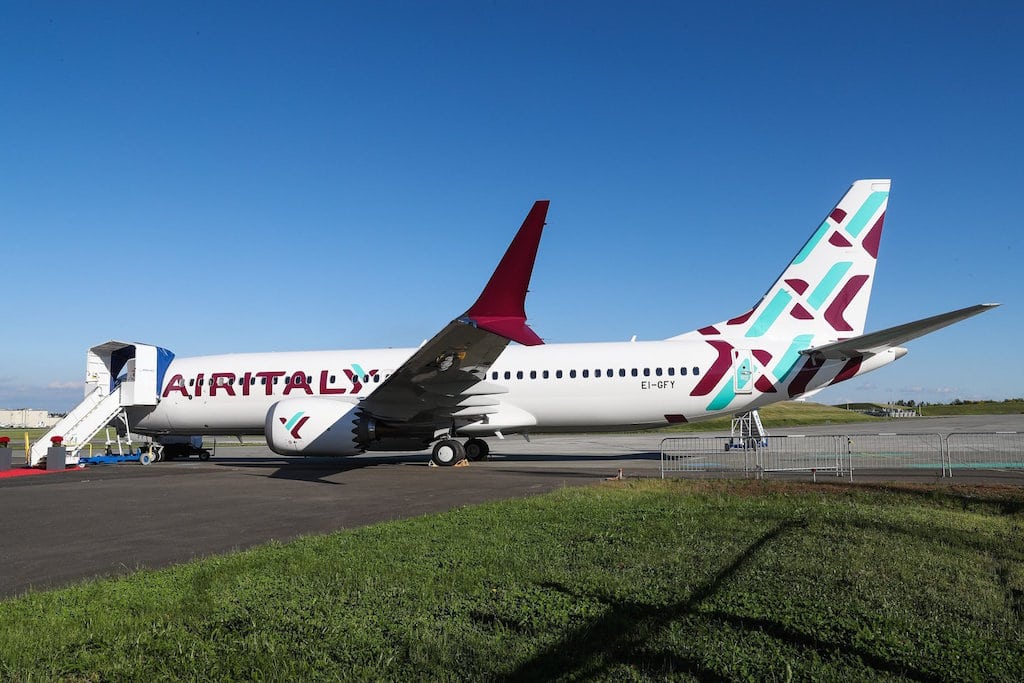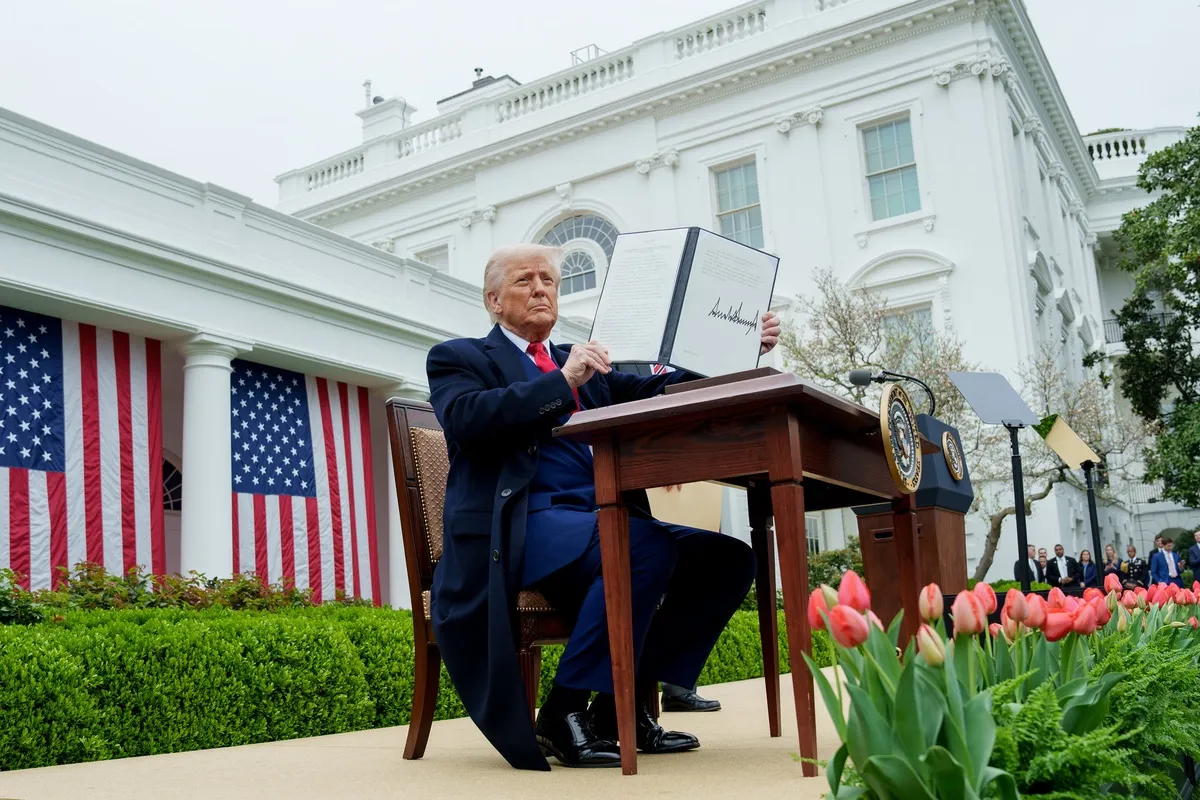American CEO on Gulf Carrier Pact: 'Someone Is Cheating Already'

Skift Take
One of the three largest Gulf carriers is again not fighting fairly on transatlantic routes, American Airlines CEO Doug Parker said Wednesday at an industry event.
Parker made the allegation just four months after the Trump administration brokered a compromise with governments of Qatar and the United Arab Emirates over concerns airlines in those countries receive unfair subsides and undercut U.S. carriers.
"Someone is cheating already," Parker said at Airlines for America's Commericial Aviation Industry Summit in Washington, D.C.
In May, as part of negotiations with American diplomats, Qatar Airways, Emirates and Etihad Airways vowed to open their books to make it more clear whether or not they received government subsidies, as the largest U.S. carriers have alleged. In addition, under side letters, Parker said the three Gulf airlines had signaled they did not intend to launch new routes between the United States and Europe.
Technically, they have kept that promise. None of the three has added new Fifth-Freedom flying, or routes that begin in the Gulf but stop in Europe to pick up passengers. Delta Air Lines, United Airlines and American make major profits on transatlantic routes, particularly in business class, and they don't want Gulf carriers to encroach on the market, even though aviation treaties permit it.
Today, there are two such routes, both flown by Emirates — Athens to Newark and Milan to New York JFK. But Parker said one of the three major Gulf airlines is circumventing the administration-negotiated agreement by helping an airline it invests in fly to the United States.
Threat from Air Italy
Parker didn't name the airline. However, about a year ago, Qatar Airways bought a 49 percent stake in what was then a little-known regional airline called Meridiana. The airline changed its name to Air Italy, a move executives figured would improve brand awareness abroad.
Ostensibly, Air Italy operates separately from Qatar Airways. But earlier this year, Qatar Airways leased Air Italy five Airbus A330s, allowing the airline to fly nonstop from Milan to two of American's hubs — Miami and New York JFK. Air Italy plans more expansion soon, and by next year should have Boeing 787s.
Because Air Italy is a European-registered airline, the U.S.-Qatar Open Skies agreement should not be a factor. But Parker said airlines like Air Italy that receive support from Gulf airlines still may be competing unfairly. In a way, he suggested, routes like Air Italy's are just as disruptive to U.S. carriers as Emirates' two U.S-Europe routes.
"We have side letters that talk about they don't intend to fly nonstop flights from outside the Gulf to the United States," Parker said. "We have one of them now using a carrier they made an investment in to fly to the United States."
What's interesting is that American is close transatlantic partner of at least two other airlines in which Qatar Airways invests. Qatar Airways owns 20 percent of International Airlines Group, owner of British Airways and Iberia, both of which have antitrust immunity with American.
But the threat posed by airlines like Air Italy is still serious, Parker said.
"This is about American jobs," he said. "It needs to be addressed."
Disagreement Over Terms
Executives from American, Delta and United repeatedly say the Gulf carriers said they would not add new U.S.-European routes as part of the recent compromise. But even that is an subject of contention, with Emirates CEO Tim Clark saying last week his carrier made no promise.
“In no way was there any commitment, verbally or otherwise,” he said in an interview. “What we said was, that was never the thrust of our business model.”
Clark said Emirates continues to look opportunities to fly between Europe and United States, particularly in underserved markets. Often, he said, airports approach Emirates because they want service to a U.S. city and no other airline will do it.
But on Wednesday Parker again said it is unfair for American and other U.S. carriers to compete government-subsidized carriers on U.S.-European routes. Between New York and Milan, American flies a Boeing 777 in a standard configuration, with business, economy, while Emirates flies an Airbus A380 with showers in first class.
It is not surprising many premium customers prefer Emirates.
"The Middle Eastern carriers are subsidized to a level that makes them impossible to talk about as a fair competitor," Parker said. "Give us $40 billion from the U.S. government and we'll put showers in first class as well."




